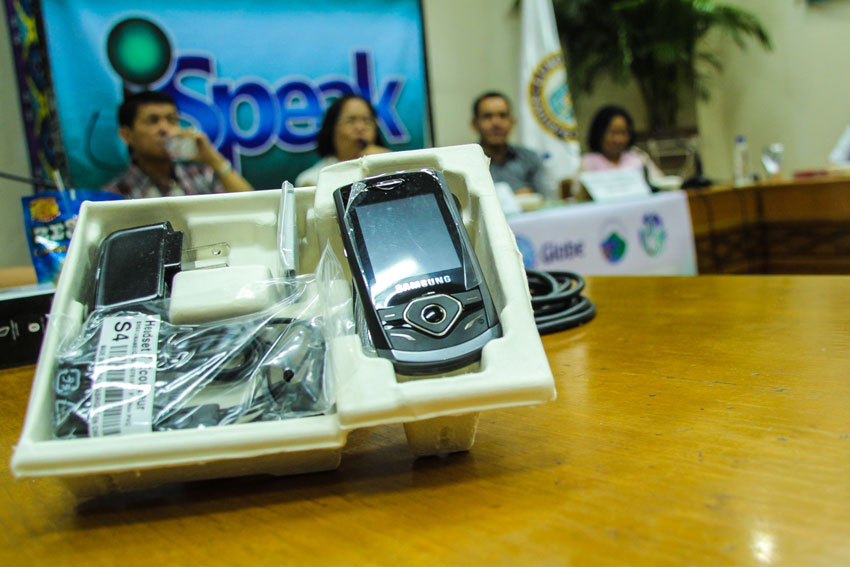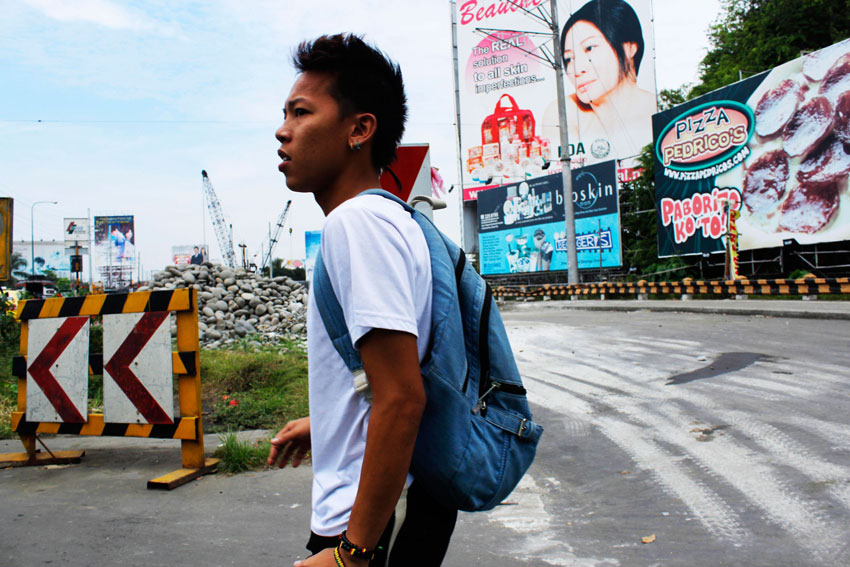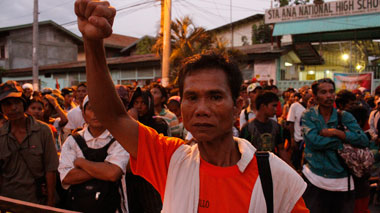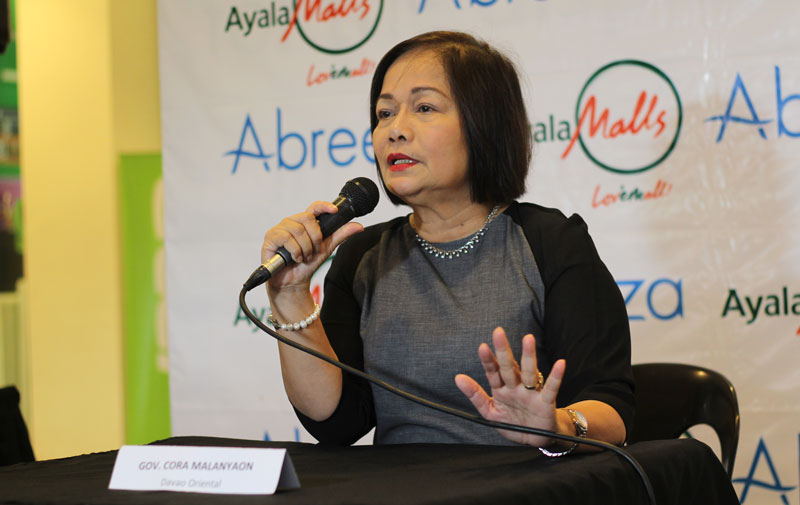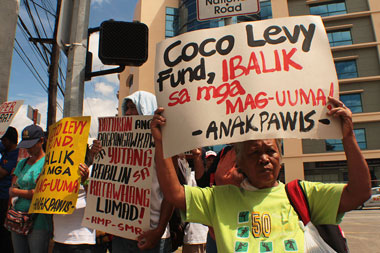City hall officials are seeking a 70% share in the taxes for the Aboitiz owned 300-megawatt coal-fired power plant.
“As a mayor, I will get angry at you and I will cancel your business permit and close your establishment because you allow disorder in the city,”
Members of a teachers union here welcomed the recent pronouncement of a Department of Education official in support of salary increase for public school teachers.
DAVAO CITY -The Association of Mindanao Rural Electric Cooperatives (Amreco) and the Mindanao Development Authority (MinDA) warned that the bulk…
Mobile phone users on Friday were quick to bash government for pushing anew a plan to impose tax on text messages, saying the proposal is anti-poor and plainly absurd.
The project engineer of the Governor Generoso (Bankerohan) Bridge repair says they have to move the project completion from the original October 6 deadline to November 6 due to “unforeseen circumstances.”
Survivors of Typhoon Pablo doubted that the government’s plan to shift to planting palm oil from coconut trees in Davao Oriental will help them recover from the 2012 disaster, saying it will only “intensify land-grabbing” of their farm and ancestral lands.
Davao Oriental province will take the lead in the Davao Region in shifting to oil palm plantation to address the concern of coconut farmers whose livelihood were hit hard by Typhoon Pablo in 2012.
Typhoon Pablo damaged coconut crops that amounted to a loss of P33 billion.
“Remember, WTO is war, we should have gotten ready. But we just opened up,” he said.





